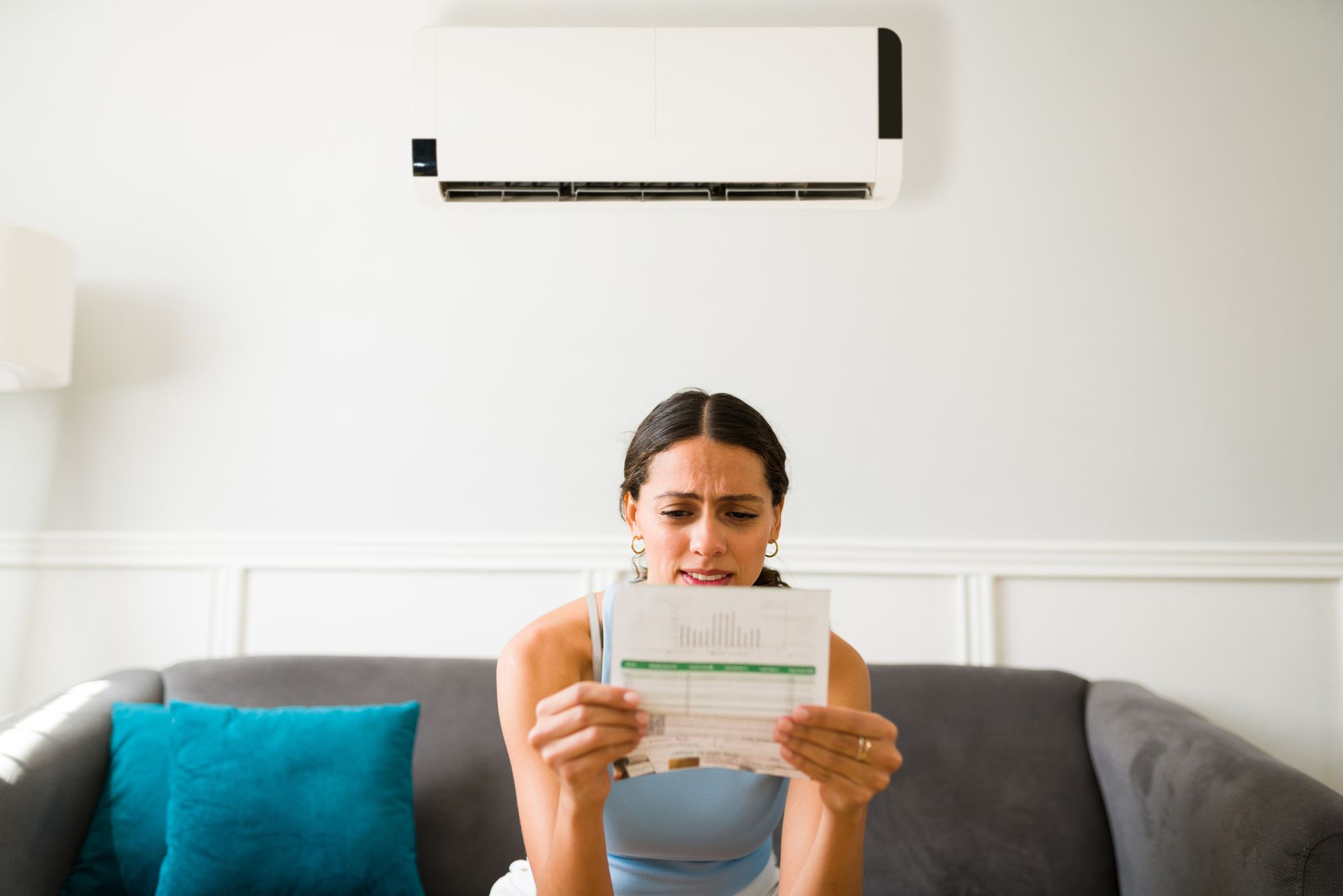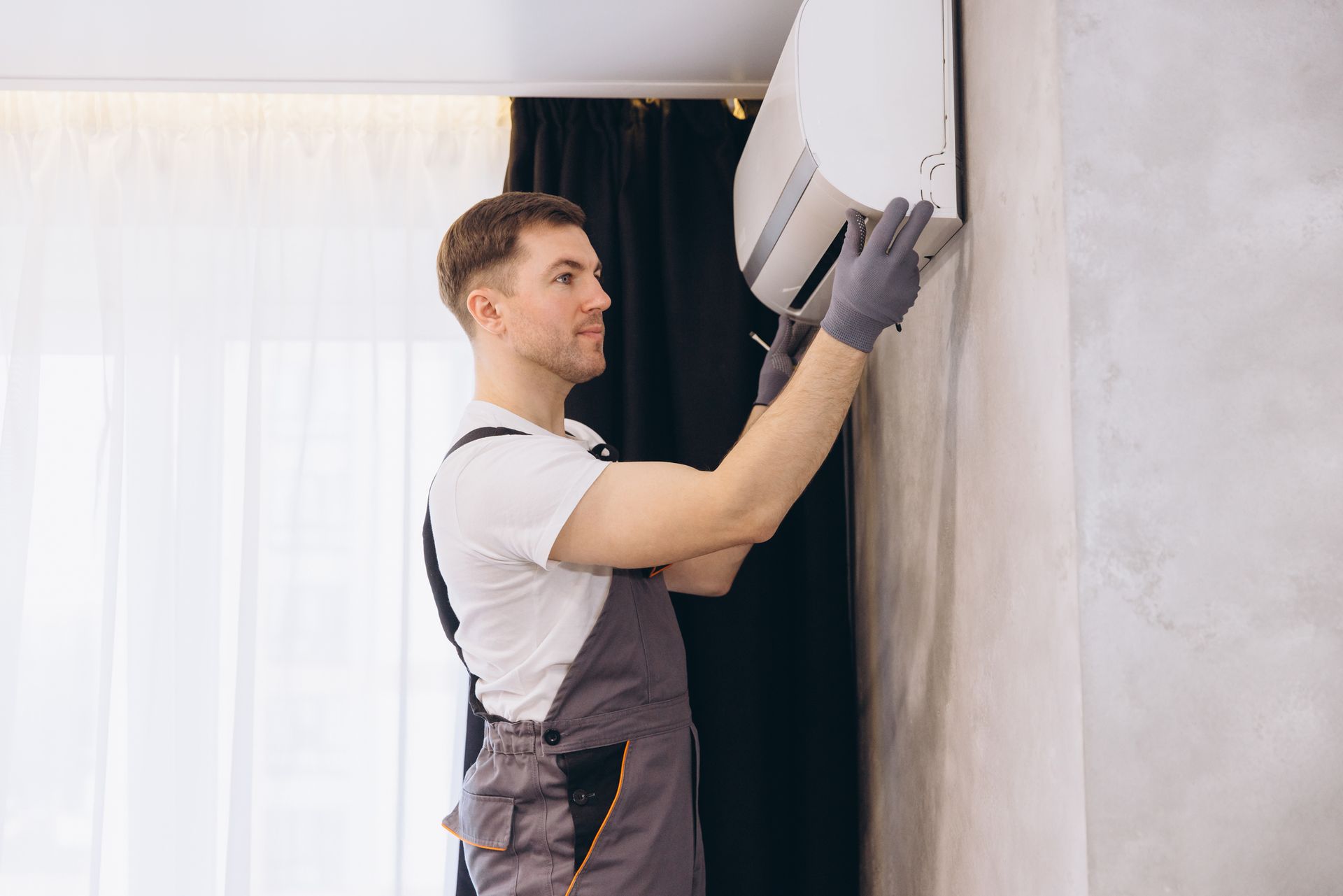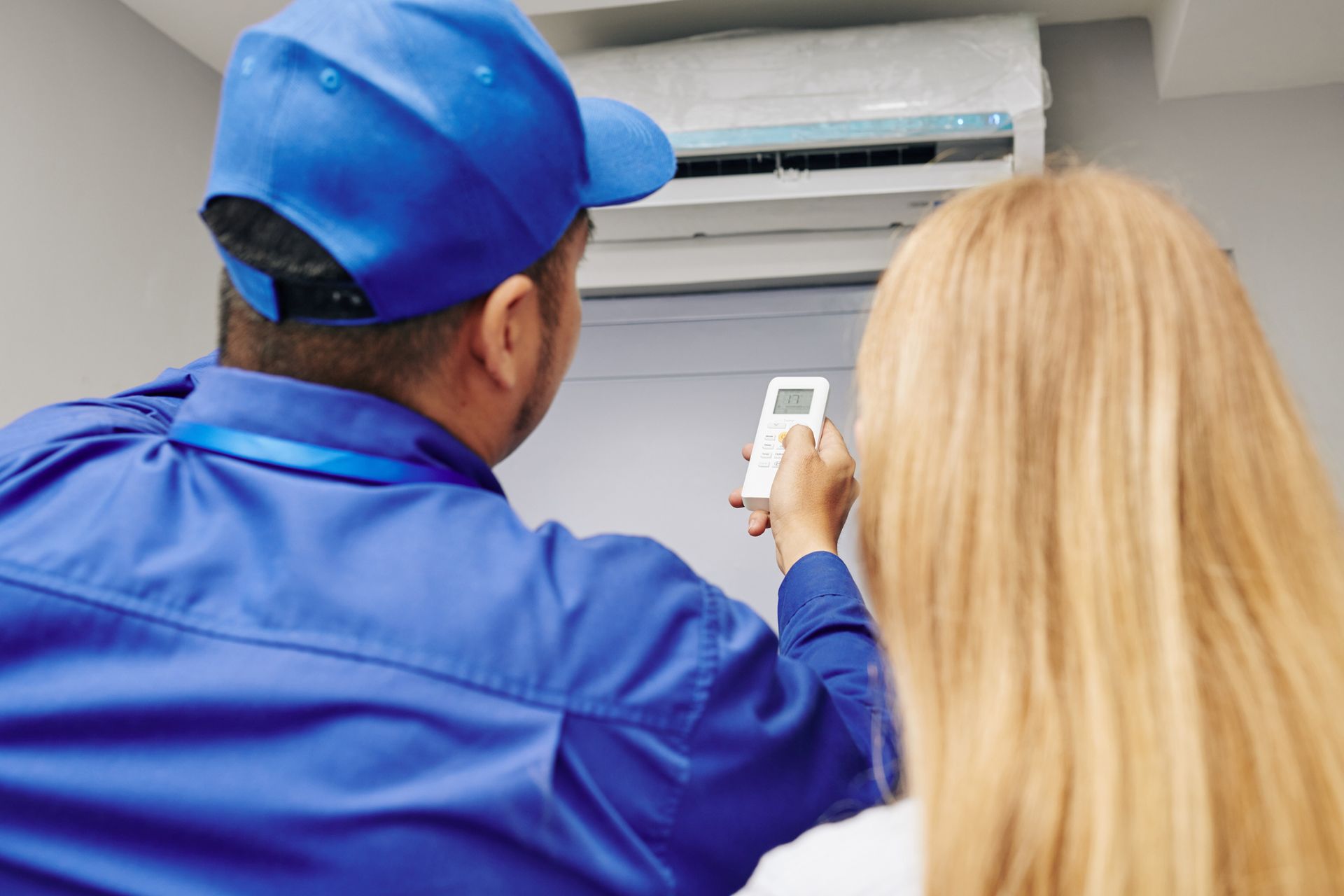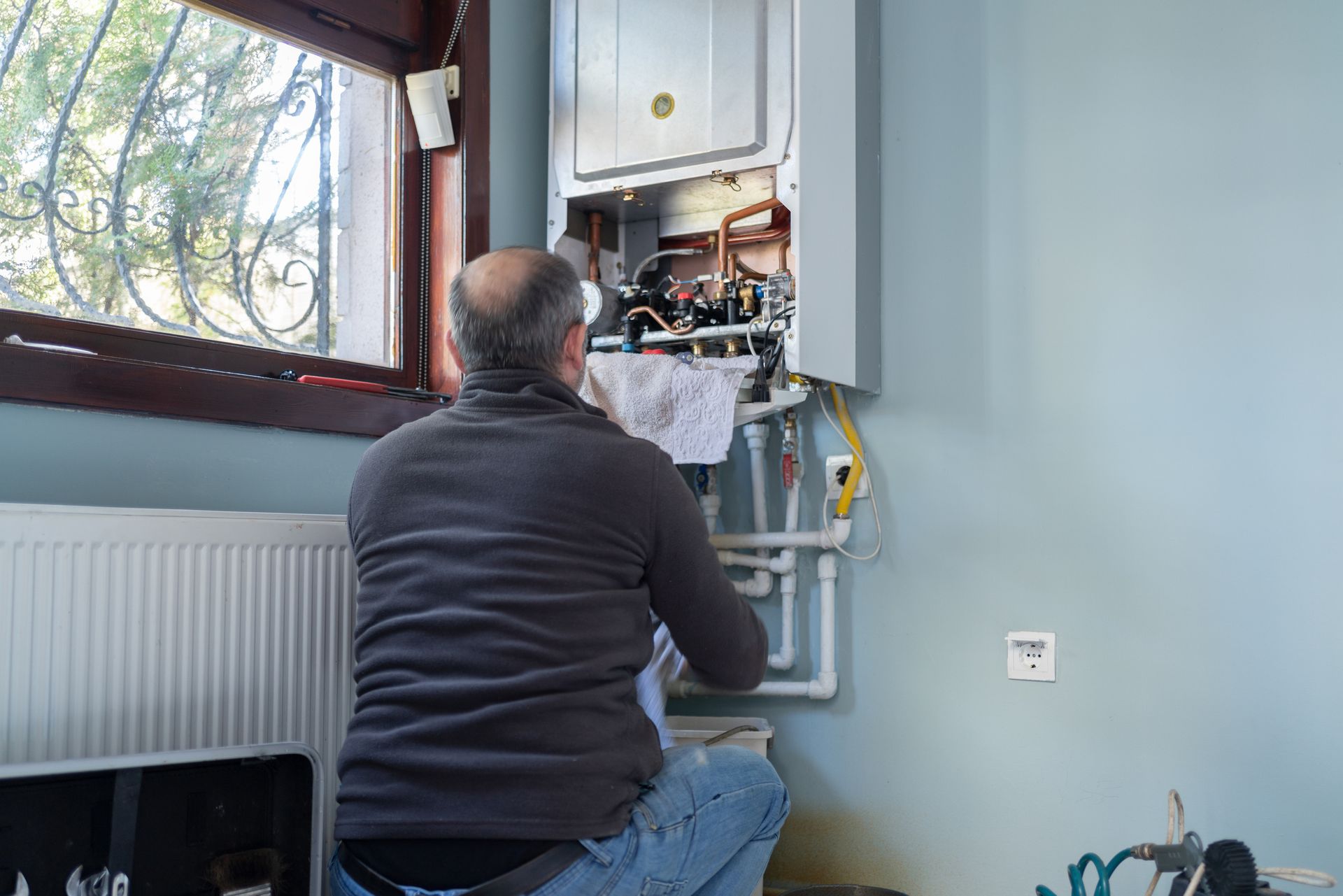HEATING
HEATING BILLS ARE EXPECTED TO SURGE THIS WINTER. HERE’S WHAT YOU NEED TO KNOW.

This winter’s frigid temperatures aren’t the only reason economists are predicting that heating bills will skyrocket. As we’ve written about before, climate change will likely take winters to more extreme lows, but it’s not the only culprit. There is an energy crisis brewing overseas that’ll impact us here in the states.
Considering half of all U.S. households are heating primarily with natural gas, this upcoming winter will affect many families’ wallets. Combine heating expenses with the financial anxiety of the holiday season, and it’s clear many of us have challenges ahead.
In this blog post, Hoffner Heating and Air, your go-to HVAC company in Pittsburgh, Pennsylvania, shines a light on why heating bills are increasing and what you can do to minimize this price hike.
The Energy Crisis
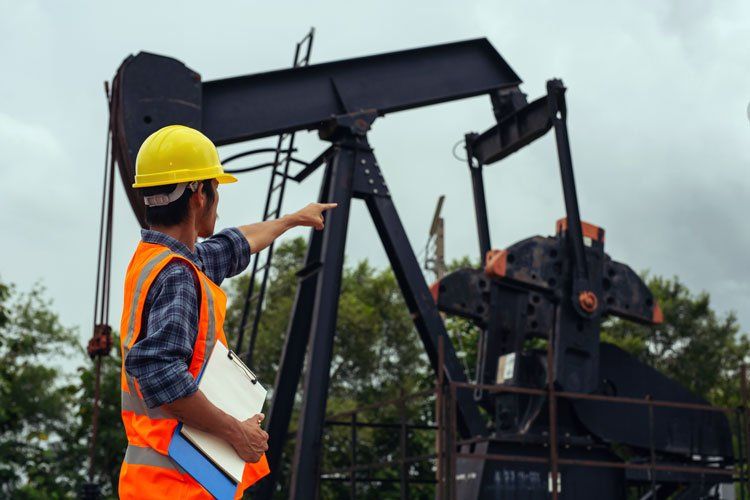
According to the U.S. Energy Information Administration (EIA), your heating bill could be 50% higher this winter, which is primarily due to an energy crisis in Asia and Europe that is spilling over into the U.S. economy. This energy crisis has the potential to lead to power outages and worsening supply chain distribution problems.
In Asia, importers of liquefied natural gas are paying record prices to secure supplies. Some importers are even starting to purchase dirtier fuels (coal and heating oil) if they cannot obtain enough to prepare for colder weather. These fuels also negatively affect the governments’ green goals, as gas emits about half as much carbon dioxide as coal does when burned.
Other goods are affected as well. Chinese industrial users, including makers of cement, glass, and ceramics, are raising their prices. Economies that cannot afford fuel are expected to grind to a halt and close.
With low supply and high demand, countries are trying to outbid one another for resources. Other countries, such as Russia, are opting to keep more natural gas instead of outsourcing it. European gas prices surged by almost 500% in the past year due to:
- Low commodities in their storage facilities
- Limited pipeline flows
- Calmer weather leading to reduced wind turbine output
- The elimination of nuclear plants
European governments are already warning people of the potential of blackouts. In the U.K., energy prices have forced several suppliers out of business.
Furthermore, supply chain complications are making the acquisition of natural gas problematic. The EIA explained that “households across the United States will spend more on energy this winter compared with the past several winters because of these higher energy prices and because we assume a slightly colder winter than last year in much of the United States.”
Climate Change

One factor that may contribute to colder winters is climate change. The British Broadcasting Corporation (BBC) defines climate change as “the average weather in a place over many years.” Additionally, it includes a shift in the average of those conditions.
Moreover, the BBC explained that when “fossil fuels burn, they release greenhouse gases – mostly carbon dioxide (CO2). These gases trap the sun’s heat and cause the planet’s temperature to rise.” Therefore, every winter that passes and we utilize fossil fuels to stay warm, we increase our carbon footprint and contribute to climate change. Reducing our carbon footprint is just one more reason it’s essential to ensure that our furnaces are working as efficiently as possible.
The EIA revealed that households that use natural gas as their primary space heating fuel will spend an average of $746 this winter, which is 30% more than they spent last winter. Increases in natural gas expenses come from a combination of higher prices and greater expected consumption. The second-most used source, electricity, could increase a modest 6% this winter.
A 2020 study in the Journal for the American Meteorological Society found “a major correlation between Bering Sea ice loss and cold winters in North America.” Located west of Alaska, the Bering Sea has ice that swells and shrinks with the changing seasons. This study proved that sea-level variations, followed by surface air cooling in the colder months, resulted in harsher winters in North America.
In short, be prepared to bundle up this winter. AccuWeather meteorologists recommend that residents across the northeastern United States might want to prepare to dig out their heavy clothes and winter jackets sooner rather than later. “This winter, I think, is going to be a colder one, at least for the interior sections from the Appalachians to the Ohio Valley and Great Lakes,” said Senior Meteorologist Paul Pastelok.
These harsh weather conditions aren’t even taking into account lake-effect snow, which can significantly impact the surrounding areas of the Great Lakes region.
Ways to Reduce Your Heating Bills
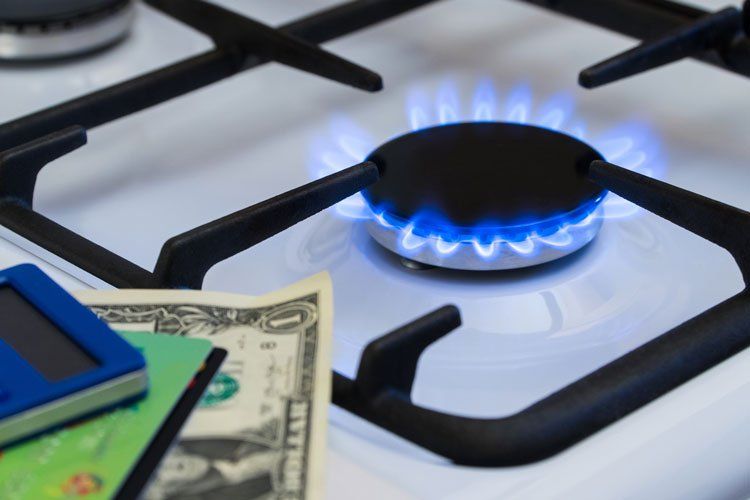
No matter what source your household uses for heat, it’s crucial to find ways to stay warm while reducing your monthly gas bill. At Hoffner Heating and Air, we recommend:
Seal the Cracks: When it comes to saving heat, seal any drafts—along with window or door frames—with caulking or foam strips. Buy a few door draft stoppers and lay them beside your main entrances. Also, if you have a fireplace, don’t forget to close the flue when not in use.
Let the Light In: Utilize the sun’s rays by opening up those curtains and blinds in the morning to heat your home during the daytime. Just be sure to close your curtains and blinds when the sun retires for the day!
Circulate the Air: Make sure your ceiling fans get that air circulating. Check that your fan is in its winter setting (rotating clockwise to push warm air downwards and pull cool air upwards).
Grab Your Sweaters and Bundle Up: Fall and winter are the seasons for layering clothing. To stay warm, overlap undershirts, T-shirts, dress shirts, henleys, polo shirts, turtlenecks underneath sweaters, cardigans, sports jackets, blazers, vests, flannel shirts, sweatshirts, coats, and other heavier pieces to make use of your body heat.
Contact a Professional: Dial your HVAC professional when fall rolls around to get your equipment inspected and serviced for wintertime peace of mind. Yearly professional maintenance ensures that your energy system is working both effectively and efficiently. Checkups can help eliminate or stave off future issues with your furnace.
Keep Those Bills Low
You shouldn’t need to worry about cost when it comes to staying warm in the winter. Hoffner Heating and Air Conditioning is a family-owned and operated HVAC company with over 30 years of experience. To ensure your heating bills stay low, invest in routine maintenance by calling us today at 412-376-9080 or filling out our contact form.
DECEMBER 1, 2021/BY MATTHEW FLOWERS


